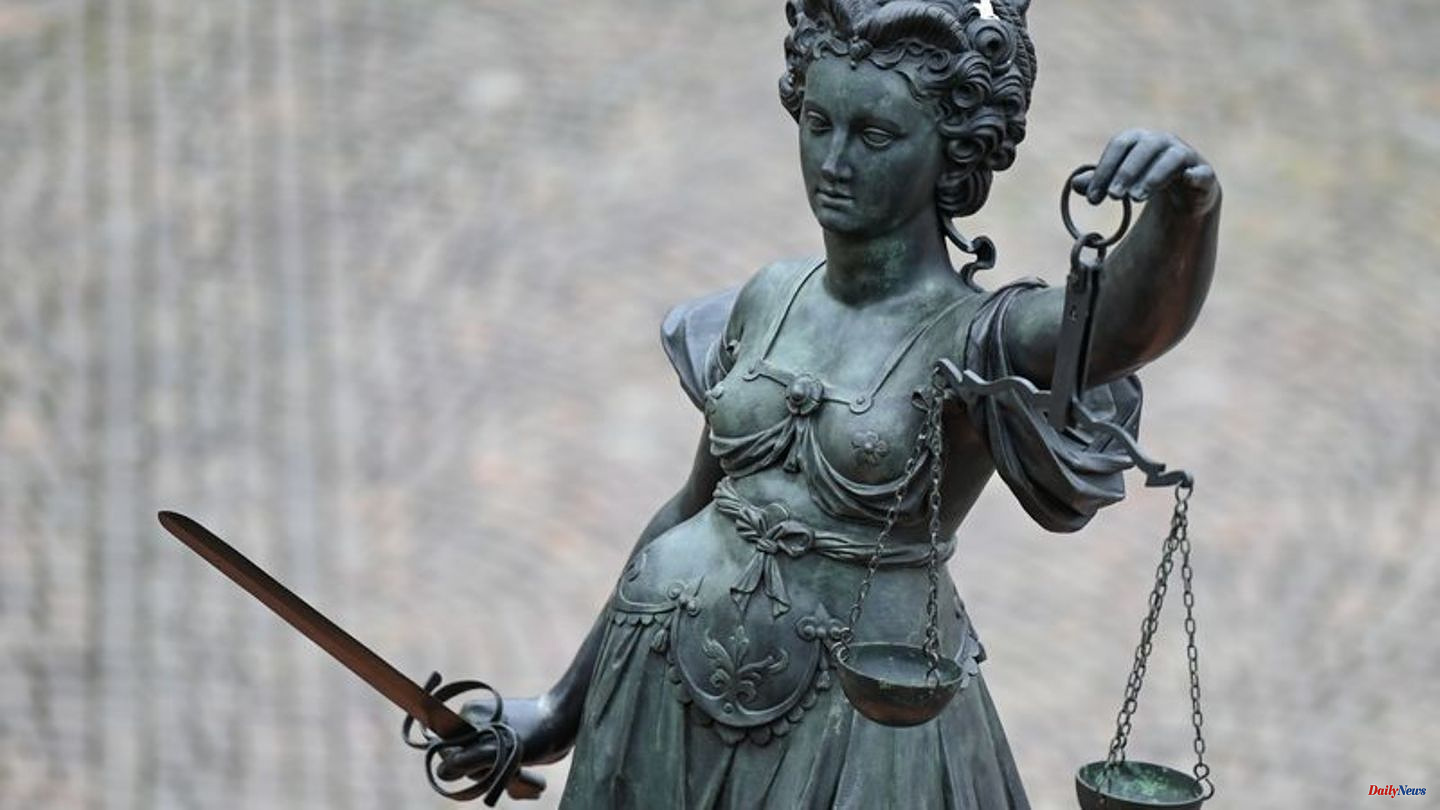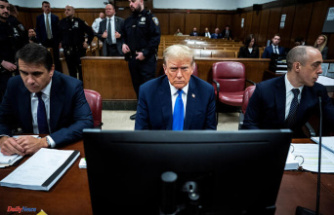During a meeting with Ms. Tsai in Taipei, Ms. Pelosi said she had come "in peace" to the region while assuring that the United States would not abandon its commitments to the democratic island threatened with invasion by Beijing.
"Today, our delegation ... came to Taiwan to say unequivocally that we will not abandon our commitment to Taiwan and that we are proud of our enduring friendship," said Ms. Pelosi, the top official. American to visit the island for 25 years.
Ms Pelosi, 82, arrived in Taipei on Tuesday evening on a US military plane, triggering immediate strong reactions in Beijing.
The Chinese Ministry of Foreign Affairs has denounced "a serious violation" of American commitments vis-à-vis China, which "seriously undermines regional peace and stability".
The Chinese government summoned US Ambassador Nicholas Burns on Tuesday evening. Vice Foreign Minister Xie Feng expressed his country's "firm protests" to her, adding that "(Ms. Pelosi's) initiative to visit Taiwan is extremely shocking and the consequences will be very serious." reported the Xinhua News Agency.
China's Defense Ministry meanwhile promised "targeted military actions", with a series of military maneuvers around the island to begin on Wednesday, including "long-range live ammunition firing" in the Taiwan Strait, which separates the island from mainland China.
According to the coordinates published by the Chinese army, part of the military operations will take place 20 kilometers from the coast of Taiwan.
Beijing's commerce ministry also announced economic sanctions, announcing a suspension of the export to Taiwan of natural sand - a key component in the manufacture of semiconductors, one of the island's top exports.
- "Taiwan will not back down" -
“Faced with deliberately increased military threats, Taiwan will not back down,” Taiwanese President Tsai Ing Wen reacted on Wednesday.
"We will (...) continue to defend democracy," she said during her meeting with Ms. Pelosi, whom she thanked for having "taken concrete steps to show (her) unwavering support for Taiwan. at this critical moment".
Taiwan authorities reported overnight Tuesday-Wednesday that 21 Chinese military planes entered the island's air defense identification zone - an area much larger than its airspace.
The Taiwanese Ministry of Defense denounced "an attempt to threaten our ports and our important urban areas, and to unilaterally undermine regional peace and stability".
"The army will definitely stay in place and protect national security. We ask the public to be reassured and support the army," he added.
Several American ships also cruise in the region, including the aircraft carrier USS Ronald Reagan, according to American military sources.
Most observers rate the likelihood of armed conflict as low. But US officials said they were preparing for shows of force from the Chinese military.
Japan has meanwhile said it is "concerned" about Chinese military exercises, some of which, according to Tokyo, should spill over into Japan's exclusive economic zone (EEZ).
- "Play with fire" -
China considers that Taiwan, with its 23 million inhabitants, is one of its provinces, which it has not yet succeeded in attaching to the rest of its territory since the end of the Chinese civil war (1949).
Opposed to any initiative giving the Taiwanese authorities international legitimacy, Beijing is against any official contact between Taiwan and other countries.
US officials visit the island regularly. But China judges that a visit by Ms. Pelosi, the third person in the American state, is a major provocation.
Last week, in a telephone interview with his American counterpart Joe Biden, Chinese President Xi Jinping had already called on the United States not to "play with fire".
Since 1979, Washington has recognized only one Chinese government, that of Beijing, while continuing to provide support to the Taiwanese authorities, in particular via major arms sales.
The United States also practices "strategic ambiguity", refraining from saying whether or not it would defend Taiwan militarily in the event of an invasion.
Russia, a major ally of China, on Tuesday accused the Americans of "destabilizing the world" and described Nancy Pelosi's visit as "pure provocation".
Another ally of Beijing, North Korea expressed its "full support".












